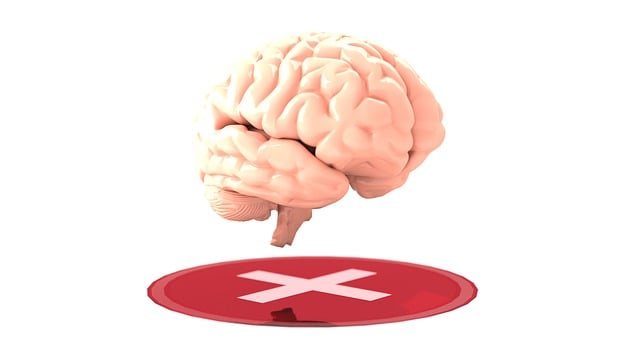Crisis Intervention Teams (CITs) play a vital role in adolescent mental health by swiftly de-escalating crises using evidence-based methods, particularly Acceptance and Commitment Therapy (ACT). ACT empowers teens to accept emotions and take committed action, fostering resilience. Integrating burnout prevention for healthcare providers further enhances CIT effectiveness. Training programs should include ACT, public education initiatives, and stress management workshops to equip specialists in supporting adolescent teens' mental wellness.
Crisis intervention teams play a crucial role in supporting adolescent mental health, offering immediate assistance during crises. This article explores the importance of these teams and delves into specific training programs designed to equip youth support specialists with effective tools. We focus on Acceptance and Commitment Therapy (ACT) as a powerful core approach, demonstrating its integration within crisis interventions for teen therapy. By examining these programs, we aim to enhance understanding and improve outcomes for vulnerable adolescents.
- Understanding Crisis Intervention Teams: A Vital Resource for Adolescent Mental Health
- Therapy Integration: Acceptance and Commitment Therapy (ACT) as a Core Approach
- Training Programs: Designing Effective Education for Youth Support Specialists
Understanding Crisis Intervention Teams: A Vital Resource for Adolescent Mental Health

Crisis Intervention Teams (CITs) are a vital resource in addressing the unique challenges faced by adolescent mental health. These specialized teams, often composed of trained professionals from various backgrounds, including therapists, social workers, and law enforcement officers, provide immediate support during crises. CIT members are equipped to de-escalate high-risk situations, offer evidence-based interventions, and connect teens with appropriate long-term care.
One such evidence-based approach gaining traction in adolescent therapy is Acceptance and Commitment Therapy (ACT). ACT focuses on building resilience by helping individuals accept their emotions while committing to valued actions. This therapeutic framework aligns perfectly with CIT goals, as it empowers teens to navigate distressing situations with greater flexibility and purpose. Additionally, integrating burnout prevention strategies for healthcare providers within these training programs ensures that CIT members can sustain their support roles over time, enhancing the overall effectiveness of crisis interventions and contributing to the mental wellness podcast series production by sharing evidence-based practices.
Therapy Integration: Acceptance and Commitment Therapy (ACT) as a Core Approach

Crisis intervention team training programs often integrate various therapeutic approaches to equip professionals with a comprehensive toolkit for supporting individuals in distress. Among these, Acceptance and Commitment Therapy (ACT) stands out as a core method, offering valuable techniques for helping adolescent teens navigate challenging situations. ACT encourages acceptance of difficult thoughts and emotions, fostering a non-judgmental mindset that can be powerful in trauma support services. By combining this approach with coping skills development, crisis interventionists can help young people cultivate resilience and enhance their ability to manage crises effectively.
The integration of ACT principles promotes mind over matter principles, enabling teens to disengage from unhelpful thought patterns and behaviors. This therapeutic integration not only aids in the immediate crisis resolution but also supports long-term mental health well-being. As these programs evolve, leveraging evidence-based techniques like ACT ensures that crisis intervention teams are prepared to provide tailored support, catering to the unique needs of adolescent teens experiencing crises, including those stemming from trauma or emotional distress.
Training Programs: Designing Effective Education for Youth Support Specialists

Crisis intervention team training programs play a pivotal role in equipping youth support specialists with the skills needed to address the unique challenges faced by adolescent teens. Effective education within these programs should incorporate evidence-based therapies, such as Acceptance and Commitment Therapy (ACT), which has shown promise in promoting mental wellness among young individuals. By integrating ACT principles, trainees learn to help teens accept difficult thoughts and emotions while committing to valued actions, fostering resilience and a sense of purpose.
Beyond therapy integration, training programs should emphasize the development of public awareness campaigns and production of mental wellness podcast series to educate broader communities about crisis intervention. Additionally, organizing stress management workshops can empower specialists to handle their own well-being during high-pressure situations, ensuring they remain effective support systems for adolescents in need.
Crisis intervention team training programs, especially integrating Acceptance and Commitment Therapy (ACT), are crucial in equipping youth support specialists with the tools to address adolescent mental health crises effectively. By designing comprehensive education that incorporates ACT principles, these programs empower professionals to provide timely and appropriate therapy for struggling teenaged individuals. Such specialized training is vital to ensuring adolescents receive the support they need during moments of crisis, fostering better outcomes and enhancing their overall well-being.














